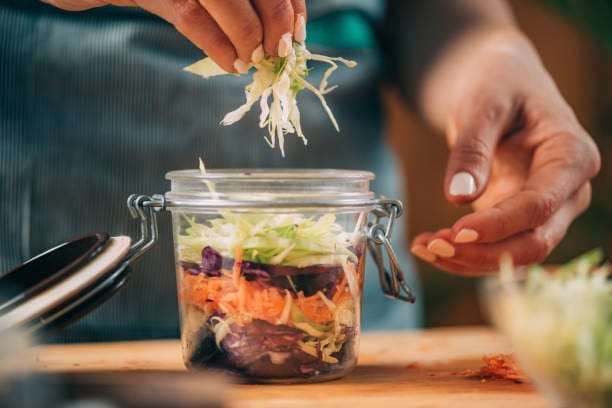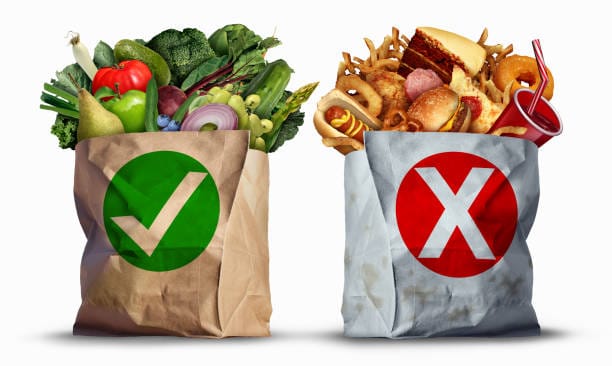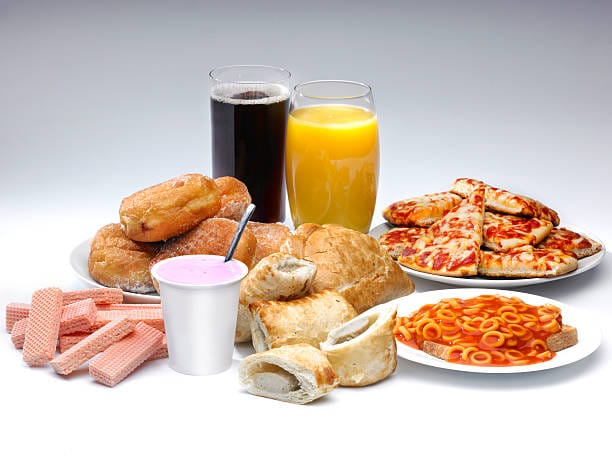Today, in 2025, 1 in 2 Briton suffers from inflammation possibly (if it is chronic) leading to silent organ damage, eroding quality of life and accelerated ageing. It is an epidemic sweeping over the whole of Europe and it is not a fleeting illness.

What is inflammation ?
Inflammation is a natural immune response that helps the body fight off infections and heal injuries. However, when inflammation becomes chronic, it can contribute to a wide range of health problems, including pain and reduced mobility, fatigue, heart disease, diabetes, arthritis, overweight, low mood, auto-immune diseases, premature ageing and even certain cancers. These are related to progressive cellular dysfunctions that can affect heart, kidneys, liver, brain...
Common temporary or persisting signs include redness, heat, swelling, pain, and sometimes loss of function. It is a shocking truth but data shows that 55% of adult Britons suffer from systemic chronic inflammation.

This explosion of symptoms is often described as "inflammatory fire" and it is associated with extra medical costs.
Among the culprits for chronic inflammation : sedentary lifestyles, chronic stress, viruses, poor sleep, pollution, gut dysbiosis, diets high in sugar, refined carbohydrates, artificial additives, trans-fats...
Which solutions to reduce inflammation ?
Aside medication, there are natural ways to escape the danger zone : spend time in nature (best well-being booster), engage in artistic or musical activities, move your body and eat properly.
Indeed, the most natural and also one of the most effective and accessible way to combat chronic inflammation is through proper nutrition. The foods we eat can indeed either promote or reduce inflammation in the body.
Why and how can nutrition help reduce inflammation ?
A key strategy in reducing inflammation is adopting an anti-inflammatory diet.

This typically avoids processed food and includes whole, nutrient-dense foods such as fruits, vegetables, whole grains, healthy fats, lean proteins and fermented foods. These foods will boost your immune system. They will provide antioxidants, vitamins, and minerals that help neutralize harmful molecules called free radicals, which are known to trigger inflammatory processes. Also baking, steaming, microwaving or fast stir-frying are healthier cooking methods than grilling, deep-frying and barbecuing.

Which specific fruits and vegetables against inflammation ?
Fruits and vegetables are especially powerful anti-inflammatory agents. They are rich in antioxidants like vitamin C, beta-carotene, and flavonoids. For example, leafy greens like spinach and kale, and brightly coloured vegetables like beetroot, bell peppers, tomatos, celery, brocoli and carrots, help protect cells from oxidative stress. Pineapple, papaya, citrus fruits, berries, particularly blueberries, strawberries, and blackberries, contain compounds that have been shown to reduce markers of inflammation in the body.
Which fats to reduce inflammation ?
Healthy fats, (especially omega-3 fatty acids found in fatty fish such as salmon, sardines, mackerel, herring, anchovies...) play a significant role in dampening inflammation. These fats help reduce levels of inflammatory molecules like cytokines and prostaglandins. Plant-based sources of omega-3s, such as flaxseeds, chia seeds, and walnuts, also contribute to anti-inflammatory effects. Olive oil of course !
How do grains help fight inflammation ?
Whole grains like oats, brown rice, and quinoa provide fibres, which support gut health by feeding beneficial bacteria. A healthy gut microbiome is linked to lower systemic inflammation. In contrast, refined grains and sugars can disrupt the gut and promote inflammation. Uk is one of the biggest consumer of ultra-processed foods in Europe. High-fibre foods also help regulate blood sugar levels, which is important because spikes in blood sugar can fuel inflammation.
Can herbs and spices fight inflammation ?
Spices and herbs such as turmeric, ginger, garlic, and cinnamon have been used for centuries in traditional medicine for their anti-inflammatory properties. Turmeric contains curcumin, a compound with strong anti-inflammatory effects, especially when combined with black pepper, which enhances its absorption.

Which foods should you skip away from avoid to inflammation ?
Certain foods can actually quite dramatically exacerbate inflammation. These include processed foods high in trans fats (deep-fried items like French fries, doughnuts, fried chicken, microwave pop-corn, margarines), refined sugars (commercial snacks, cakes, pies, cookies, brownies, candies, jellies, syrups, sodas, canned tea drinks and sports drinks), and excessive amounts of red and processed meats like bacon, burgers and sausages. These foods can increase oxidative stress and trigger the production of inflammatory compounds.
Also to be avoided, acidic foods, red meats, sodas, alcohol

Regular consumption of sugary beverages, fast food, and packaged snacks has been linked to higher levels of inflammation-related biomarkers.
Can hydration help ?
Finally, staying hydrated and limiting alcohol intake can also support the body’s ability to manage inflammation. Water helps flush toxins from the body, while excessive alcohol can increase inflammation in the liver and other organs.
In conclusion,
Nutrition is a powerful tool in managing and preventing chronic inflammation. By choosing whole, unprocessed foods rich in antioxidants, healthy fats, and fibres—and avoiding inflammatory foods— you can support your body’s natural defences and reduce the risk of inflammation-related diseases.
Small, consistent dietary changes can lead to significant health benefits over time.



